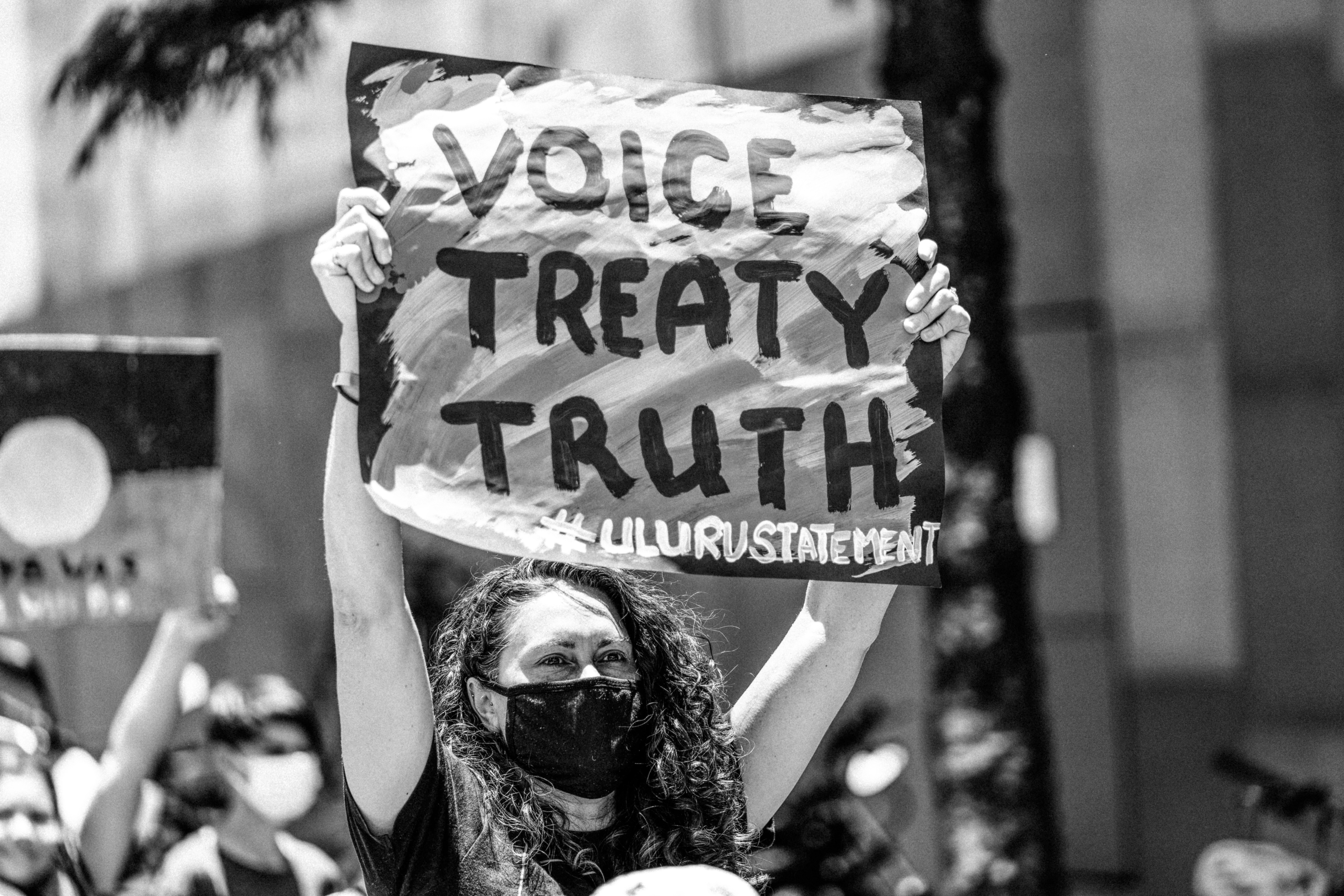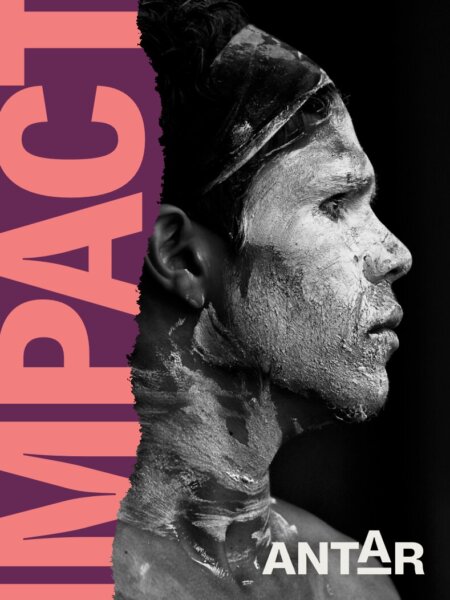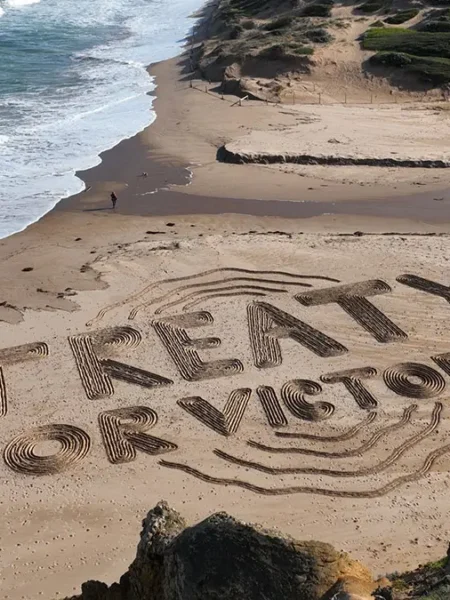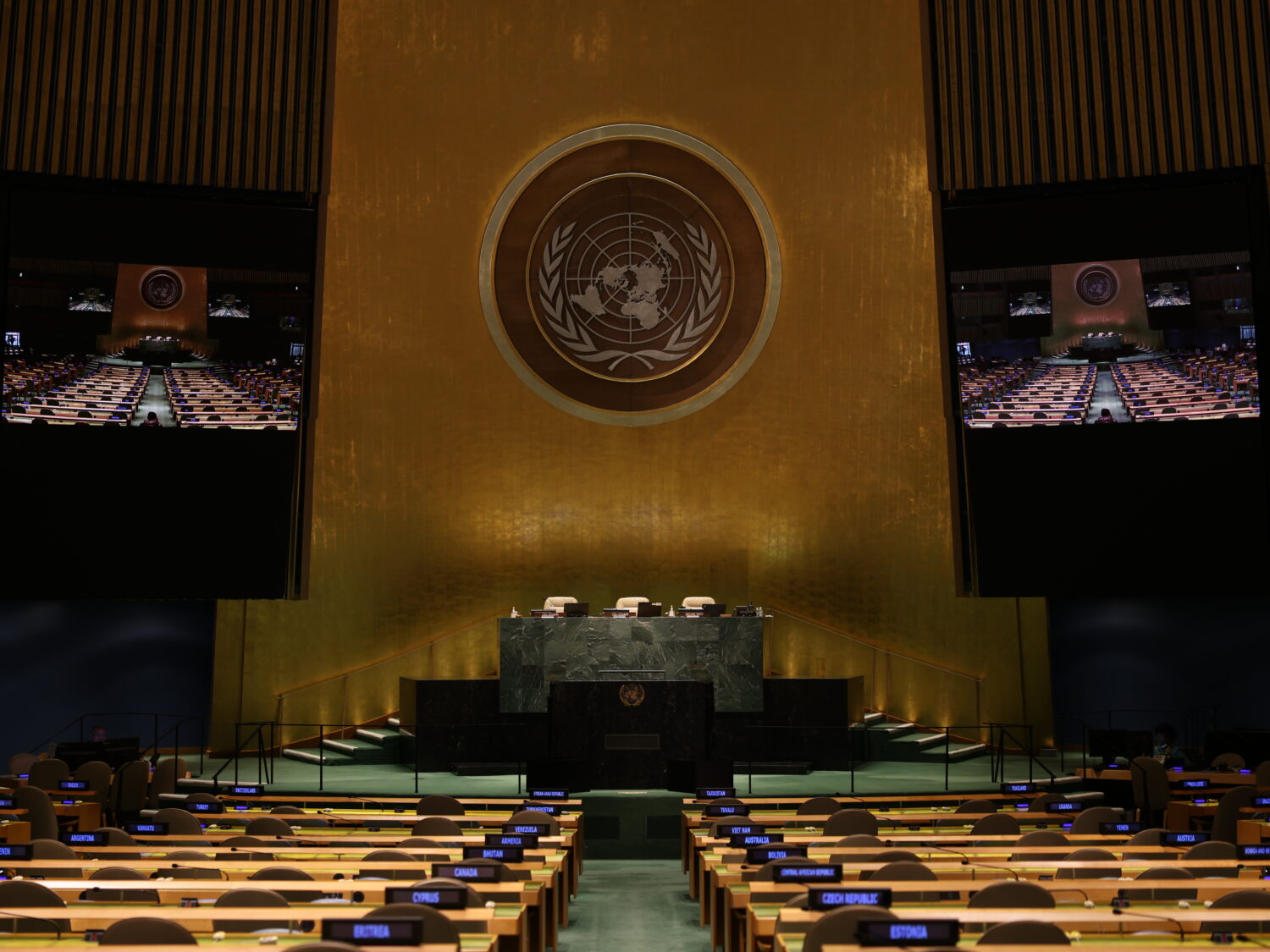On 3 April 2009, the Federal Government indicated its support for UNDRIP. Australia was one of the four countries that initially refused to sign up to UNDRIP due to its colonial history, reversing their position in 2009 and carefully announcing the nation’s commitment. The Declaration is a comprehensive statement of Australia’s existing human rights obligations to Aboriginal and Torres Strait Islander peoples. Although Australia’s support for the Declaration does not create new rights, it provides a comprehensive framework for action to influence laws, policies and program reforms. In 2017, Australia put forward a successful bid for a seat on the UN Human Rights Council, with a statement of the Australian government to pledge to:
Support the Declaration on the Rights of Indigenous Peoples in both word and deed, including the promotion of the declaration’s principles through national engagement”, which would “draw connections between national activity and the principles of the declaration.
Nevertheless, Australia has been criticised for the subsequent lack of any changes in policies and actions. In 2017, the UN Special Rapporteur on the Rights of Indigenous Peoples reported that:
It is woefully inadequate that, despite having enjoyed over two decades of economic growth, Australia has not been able to improve the social disadvantage of its Indigenous population. The existing measures are clearly insufficient as evidenced by the lack of progress in achieving the ‘Close the Gap’ targets.
Additionally, the Special Rapporteur noted:
The extraordinarily high rate of incarceration of Aboriginal and Torres Strait Islanders, including women and children, is a major human rights concern.
The 2021 Australian Human Rights Report highlighted the lack of steps taken by the Australian Government to implement, including not having audited existing laws, policies and practice for compliance with UNDRIP, and not having negotiated a National Action Plan with Aboriginal and Torres Strait Islander peoples aiming to implement the UNDRIP.
In May 2017, the Uluru Statement from the Heart was made at the First Nations National Constitutional Convention. This started the movement for Voice, Treaty and Truth aiming for the establishment of a First Nations Voice enshrined in the Constitution, and a Makarrata Commission to ‘supervise a process of agreement-making between governments and First Nations and truth-telling about our history’.
Since the Uluru Statement was released, five of Australia’s eight states and territories have committed to treaty processes.The path towards voice, treaty and truth complements the principles embedded in UNDRIP, highlighting the need to include UNDRIP in our legal and political systems. Enacting UNDRIP would complement the outcomes of the Referendum Council’s work towards the establishment of a First Nations Voice, as well as meet Australia’s global obligations.





